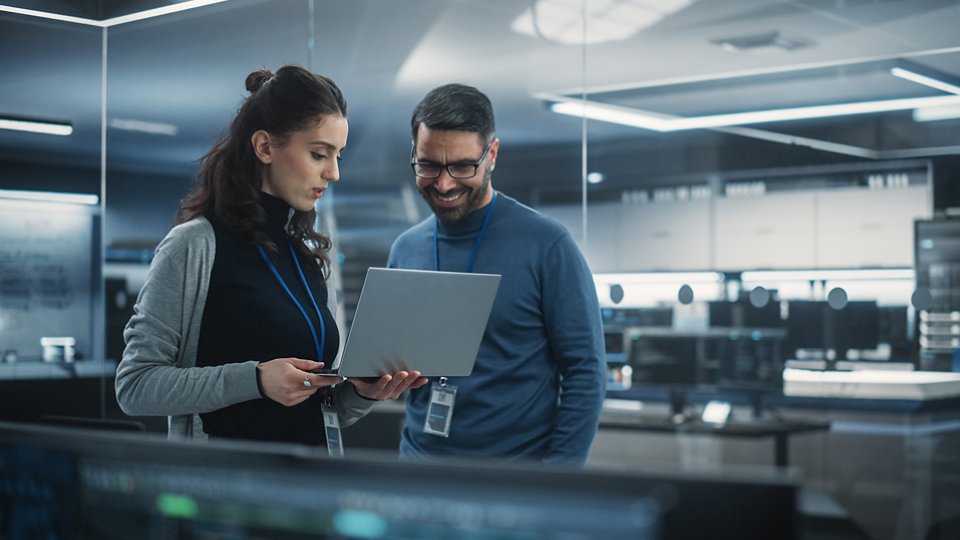Episode notes
What does it take to decarbonize a global supply chain in banking? As emissions reporting grows more complex and sustainability standards tighten, financial services leaders are redefining their supplier engagement strategies to meet ambitious climate targets.
Tune in as experts uncover how purpose-driven innovation, AI, and supplier collaboration are enabling banks to build resilient supply chains and drive progress on net zero goals.
Featured Experts
- Jenny Pickett, Head of Sustainability for North America, Lloyds Bank
- Faith Taylor, SVP & Global Citizenship and Sustainability Officer, Kyndryl
Conversation highlights
Please note the transcript has been modified for clarity and length.
Sarah B. Nelson (Host): In addition to building a robust supply chain for Lloyds, how else are you creating opportunities for the rest of the supplier ecosystem?
Jenny Pickett: Collaboration is key. From a sustainability standpoint, no one person or organization is going to do this alone. It really is front and center in our supply chain work. We provide a range of free resources and are continually looking for ways to enhance support for our suppliers. We also plan to integrate AI into our supply chain efforts to better understand supplier needs and challenges. This will allow us to segment suppliers and deliver more tailored resources efficiently. (Hear the full response at 8:24)
Sarah B. Nelson: What does progress look like for the supply chain?
Jenny Pickett: We aim to advance our public commitments and ensure the successful launch of Emerald 2.0, enabling suppliers to implement credible transition plans with clear accountability. Ultimately, our goal is to build a robust, resilient supply chain that can withstand unpredictable disruptions. When those happen, we want to be able to ensure that the supply chain keeps functioning. (Hear the full response at 22:16)
Faith Taylor: Progress is about ensuring that we're delivering on commitments. But progress is also personal. Can I see that when I use a product or service, it is totally regenerative? Can we develop solutions for future generations to live and work with AI in ways that are safe, sustainable, and economically viable? Can we look back and say that what we built is something our children can live with—and that we made it better? (Hear the full response at 23:07)






